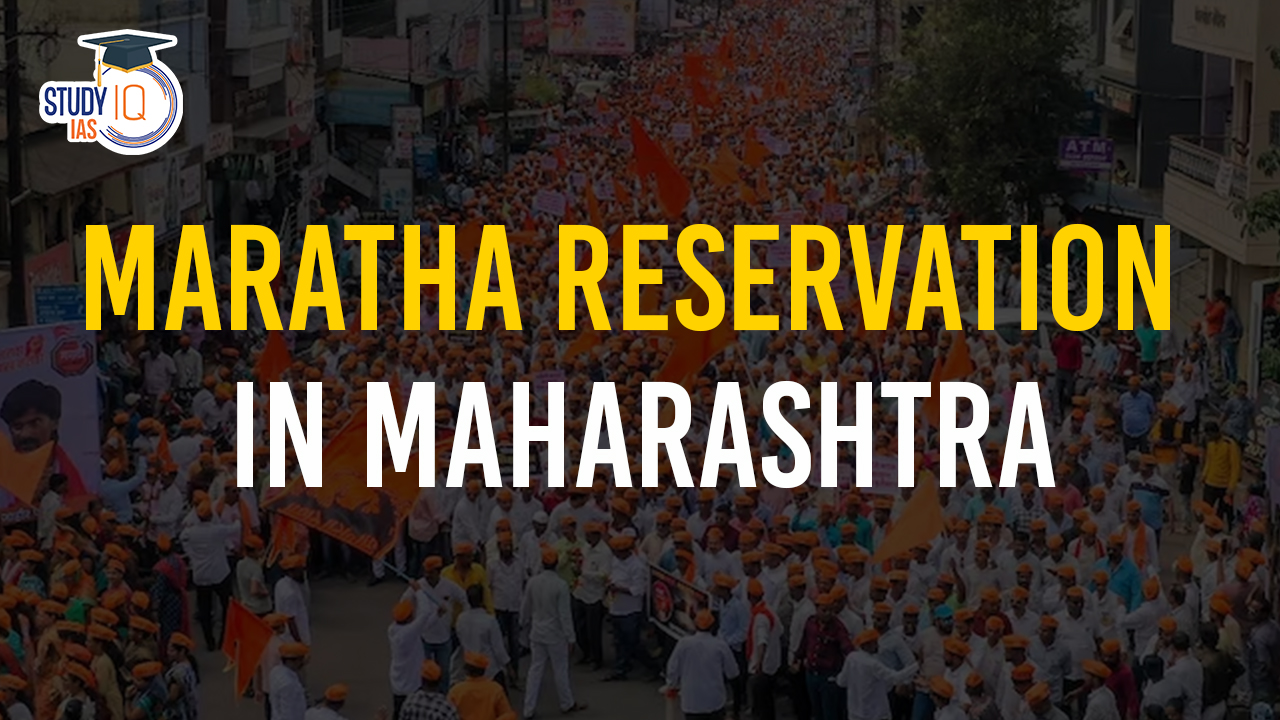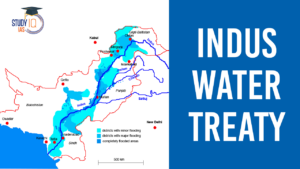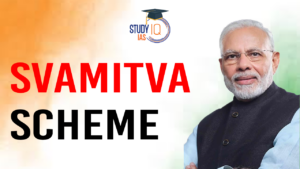Context: The Maharashtra Cabinet approved a bill to provide a 10% quota for the Maratha community in education and government jobs.
More in News
- The bill maintains the current OBC quota and raises Maharashtra’s total reservations to 62%, exceeding the Supreme Court’s 50% limit.
- The reservation has been extended based on a report submitted to the state government by the Maharashtra Backward Class Commission (MBCC) headed by chairman Justice (Retired) Sunil Shukre.
Commissions Established For Providing Reservations to Maratha Community
Narayan Rane Panel
- Formed before the 2014 elections to address Maratha reservations.
- Recommended 16% reservation in government jobs and education for Marathas, not backed by a statutory commission.
- The ordinance based on its recommendations was stayed by the Bombay High Court in November 2014 and the stay was upheld by the Supreme Court.
Gaikwad Commission
- Established in 2017 under Justice (retd) MG Gaikwad after a survey of 43,629 families.
- Found a significant portion of Maratha families engaged in agriculture, with low levels of education and professional qualifications.
- Led to the Maharashtra Socially and Educationally Backward Class Act, 2018, offering 16% quota to Marathas, which was later adjusted by the Bombay HC to 12% in education and 13% in government jobs.
- The Supreme Court struck down the quota in May 2021, after noting that there was no valid ground to breach 50 per cent reservation while granting Maratha reservation.
We’re now on WhatsApp. Click to Join
Shukre Commission
- Set up in December 2023 with Justice (retd) Sunil B Shukre as chairperson.
- Surveyed over 1.58 crore families, highlighting the Marathas’ 28% state population share and their lack of advancement.
- Pointed out issues like extreme poverty, declining agricultural income, and land partitioning affecting Marathas.
- Noted the community’s underrepresentation in public services and called for separate reservation to improve their inclusion in government and developed sectors.
| Indra Sawhney & Others vs Union of India, 1992 |
| The Supreme Court’s nine-judge bench in the Indra Sawhney case imposed a ceiling of 50% on total reservation. |


 Indus Water Treaty 1960 Suspended by Ind...
Indus Water Treaty 1960 Suspended by Ind...
 5 Years of SVAMITVA Scheme and Its Benef...
5 Years of SVAMITVA Scheme and Its Benef...
 Places in News for UPSC 2025 for Prelims...
Places in News for UPSC 2025 for Prelims...





















